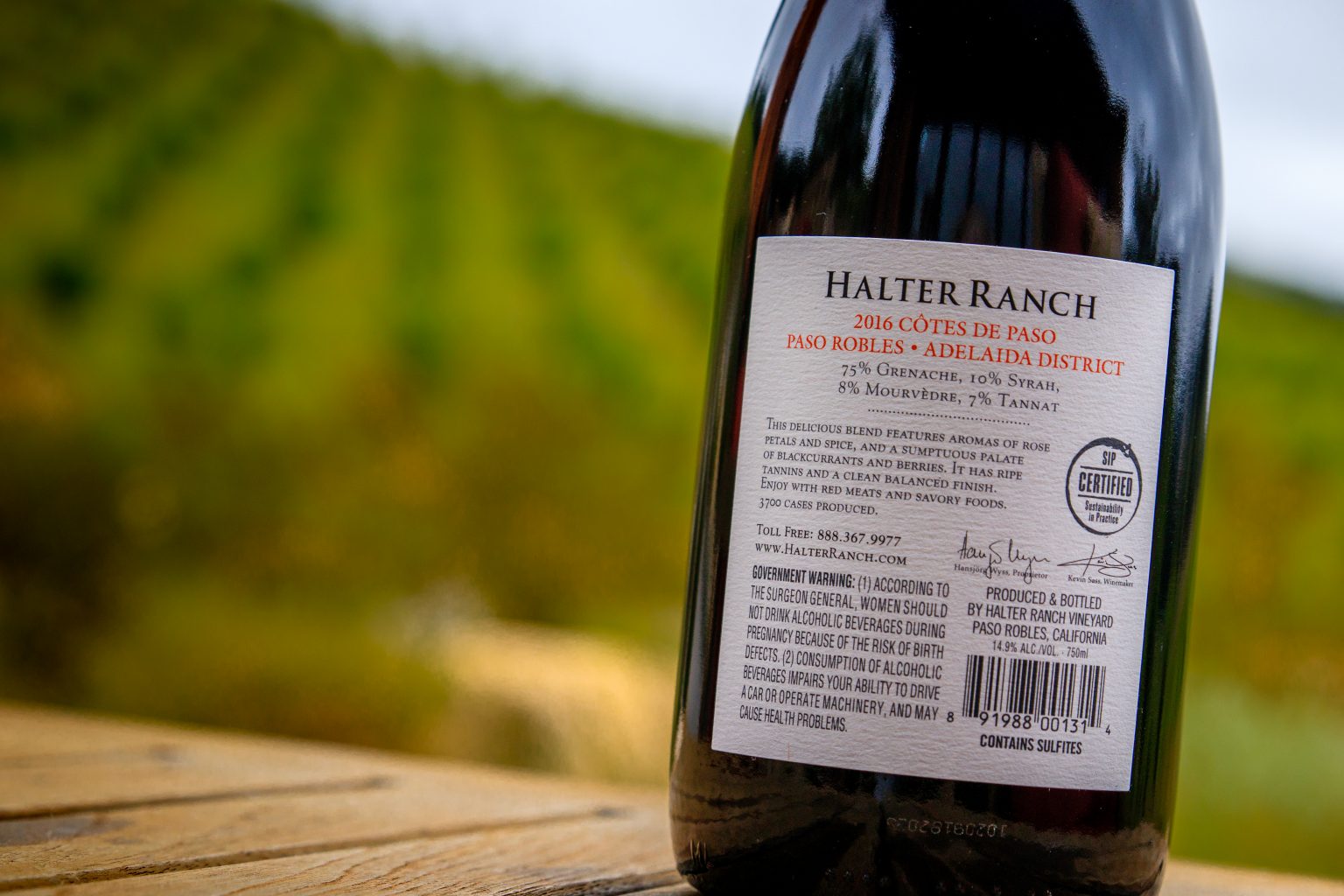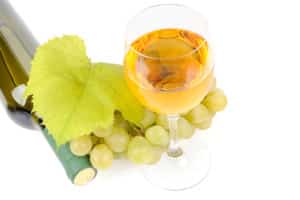With the holidays upon us, and all the shopping that entails, why worry about picking the perfect wine for your festive table? There is enough pressure already, what with everyone’s dietary restrictions and preferences. Focus rather on selecting a variety of wines you and your guests may like no matter what is on the menu. Planet Grape Wine Review, America’s first female-led wine review platform, is a good place to start. Their latest book, Ten Grapes to Know, The Ten & Done Wine Guide, includes nearly 400 easy to find, well-priced recommended wines. Or, you can narrow the focus to “green” wines that are planet friendly.
>READ: PROSECCO PREPARES FOR CLIMATE CHANGE
Three Tiers of Green Wines
“Green” wines are made in one of these three regulated tiers, Sustainable, Organic, and Biodynamic, or SOB. A hot new category is “natural” wines, the idea being wines free of any harmful additives, but unfortunately, the term “natural” on wine has no legal parameters. The other three categories, however, do have legal parameters.
-
Sustainable Farming
This is an all-encompassing, holistic approach. Plants, animals and humans are interconnected and respected. Resources such as energy and water come from within the closed circle as much as possible. In California, SIP Certified is widely used, with Lodi Rules and Napa Green certifications mainly used in those regions.
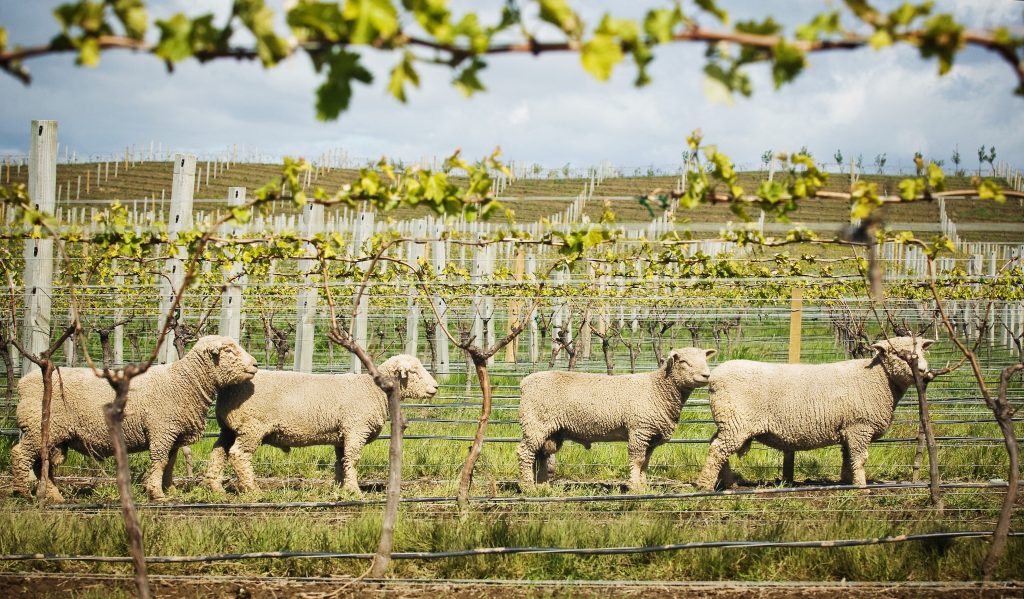
-
Organic
Organic as a word applied to wine has to be studied closely. There are organically grown grapes, and then there are organically processed grapes. Most wines labeled as “organic” are made with clean grapes but may have additives and preservatives in them from processing, or winemaking. In California, CCOF is the certifying board for organically grown grapes. Look for an official certifying credential on the back label of any wine that says “organic.”
-
Biodynamic Farming
Biodynamic farming works with the rhythmic influences of the sun, moon and planets. It has zero-tolerance for anything other than natural additives at any point in the growing of the grapes or of the processing of them into wine. Demeter is one certifying board, but again, look to the back label to be sure there is an official credential.
Below are some great choices of green wines from each tier for you to try.
Certified Sustainable Wines
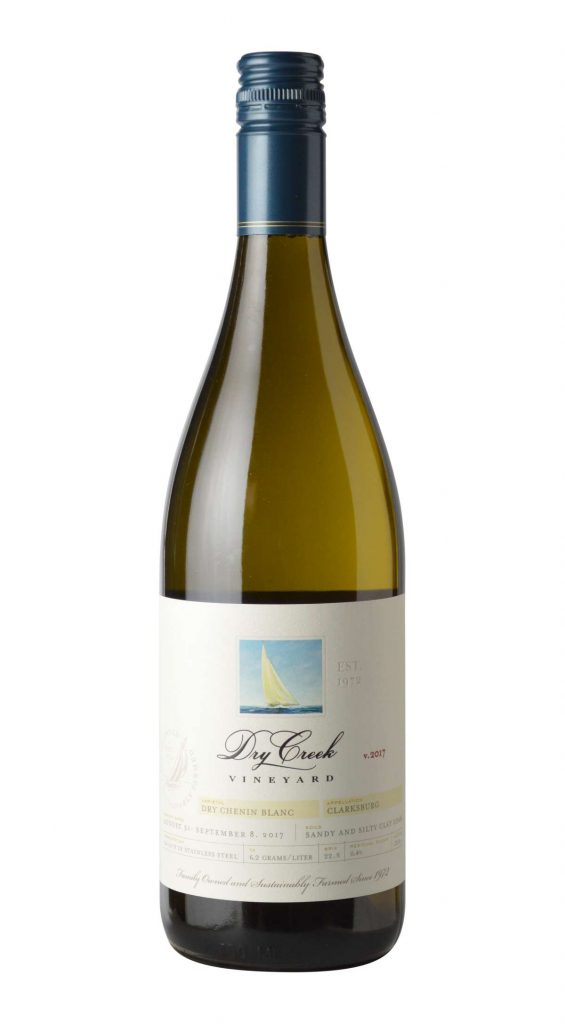
Light, silky, tingly and dry with notes of mandarin orange, golden delicious apple, yellow rose and honeysuckle.
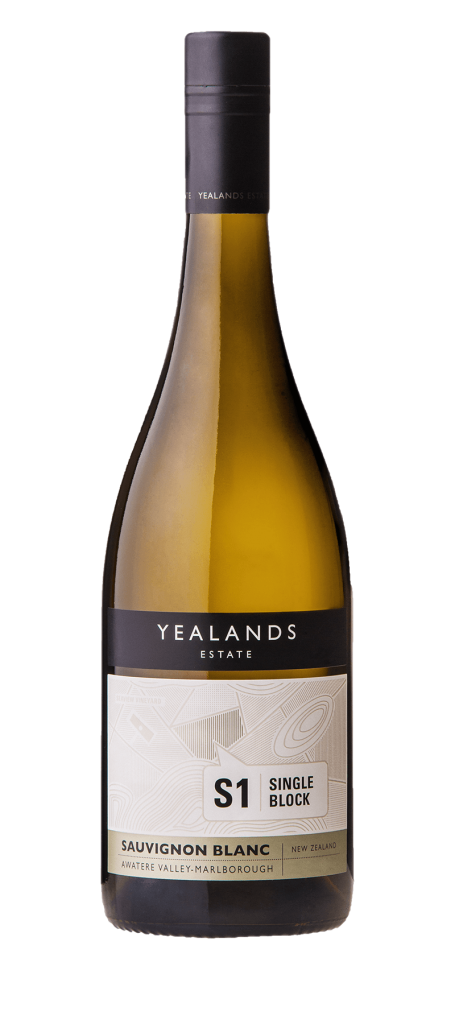
Juicy, savory, fresh and dry with notes of lemon zest, guava, starfruit, fresh tarragon, coriander seed and sea spray.
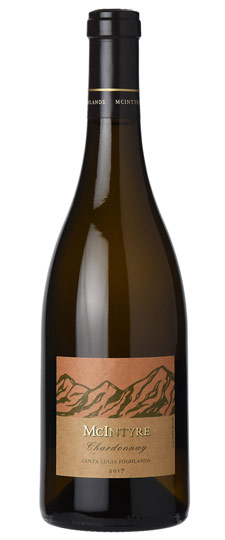
Beautifully balanced with both creaminess and tingly freshness and notes of lemon curd, honeycomb, graham cracker and buttercream frosting.
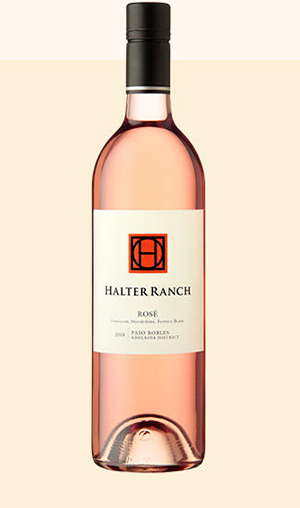
Fresh, juicy and dry with notes of pink grapefruit, raspberry, nectarine, watermelon and pink rose.
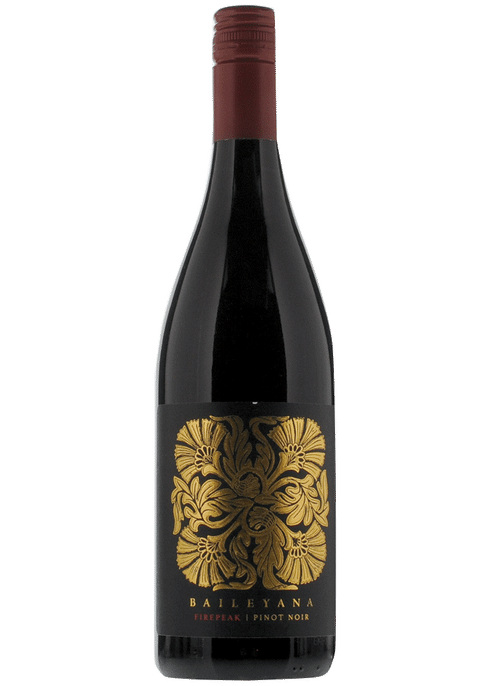
Rich and vibrant, fresh and dry with notes of cherry cola, mint, vanilla and violet.
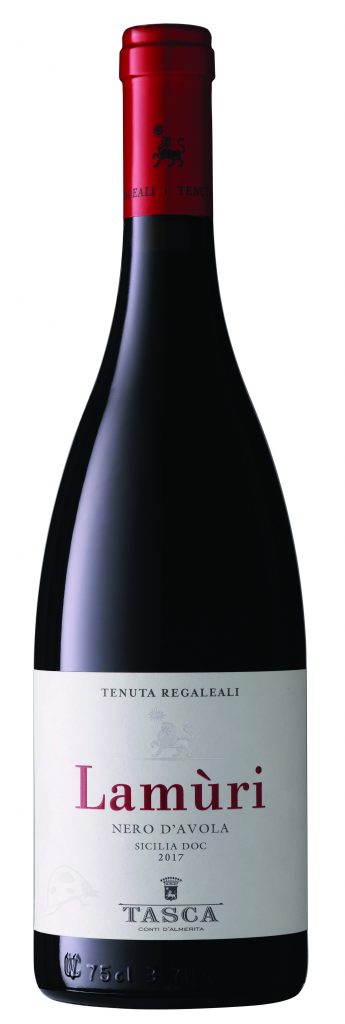
Full, supple, fresh and dry with notes of cherry, red licorice, red rose, cumin, caraway and walnut. Vegan.
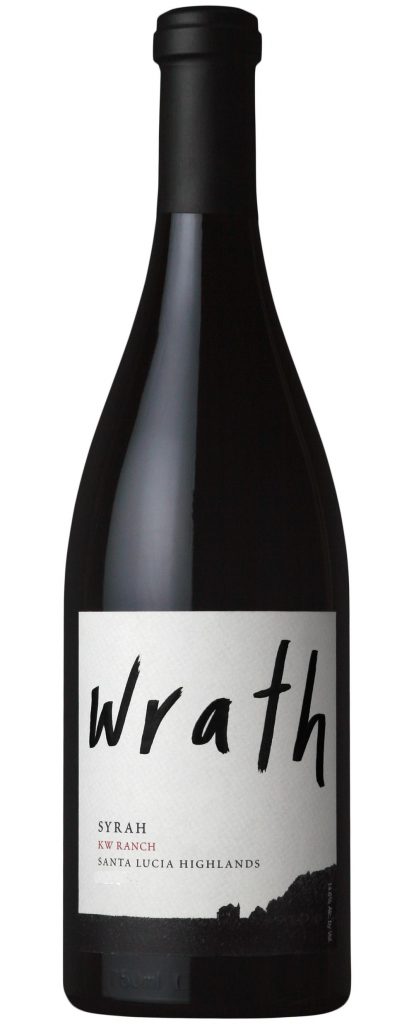
Full, luscious and supple with notes of blueberry, boysenberry, sage leaf, mushroom, espresso bean and dark chocolate.
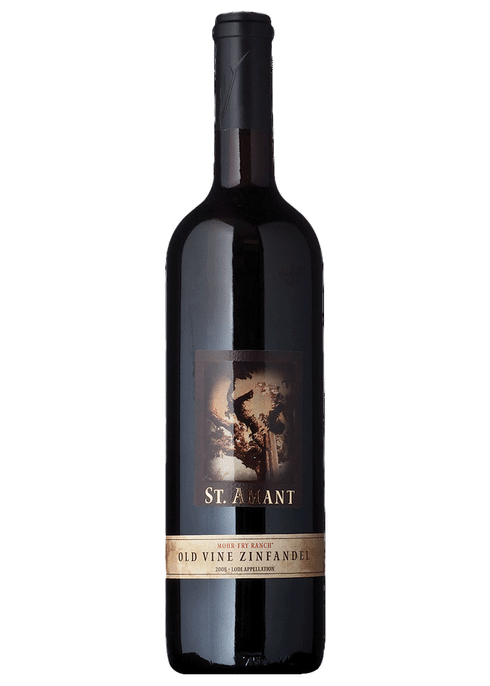
Very rich, full, intense and dry with a light chewiness and notes of strawberry, blueberry, gala apple and peach, cumin, clove, coriander seed, mushroom and dried flowers.
Certified Organic Grapes
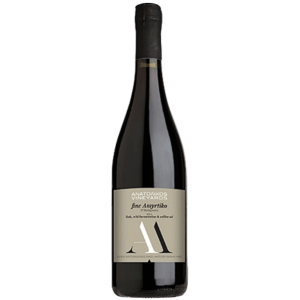
Organic, unfiltered and intensely aromatic. Lightly chalky, fresh and dry with notes of honeydew, peach, passion fruit, white rose and lilac.
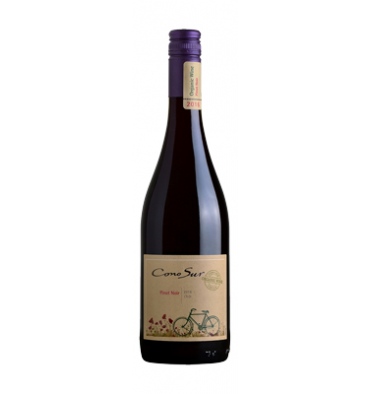
Elegant, dry, tart and fresh with notes of cranberry, cherry, bay leaf, mushroom and clove-studded ham.
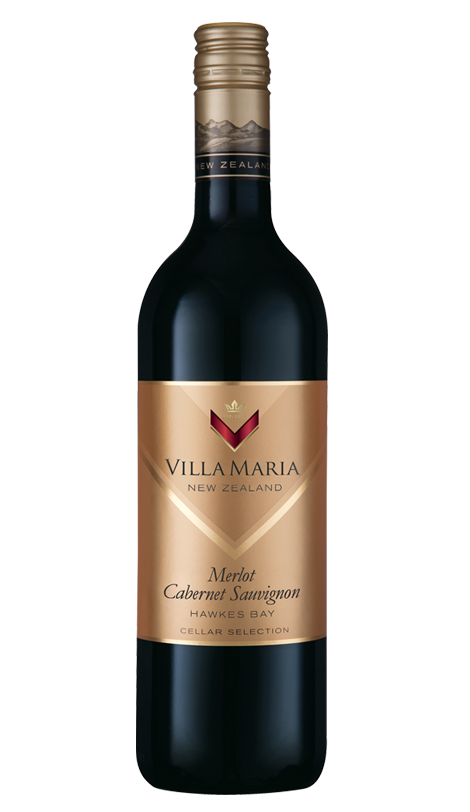
Supple, lightly chewy and tart with notes of cassis, black olive, dark chocolate and maple wood.
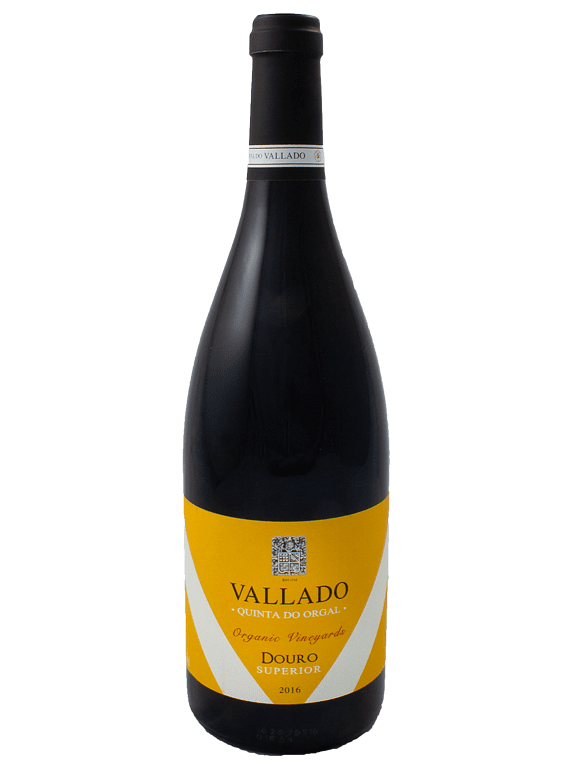
Dry and velvety red with notes of raspberry, blackberry, brown mushroom, cumin and cedar. Organic.
Certified Biodynamic Grapes
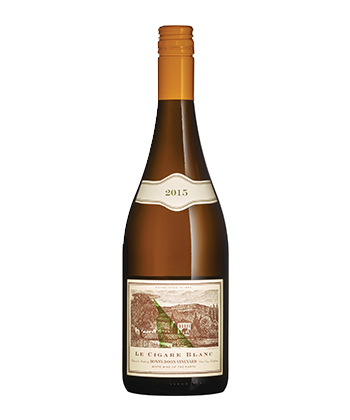
Lean, tart, fresh and dry with notes of lemon, mango, starfruit, just-ripe pineapple, thyme and pine needle.

Ripe, chewy and dry Cabernet-Petite Sirah blend with notes of blackberry, cassis, moss, cedar and salumi.

